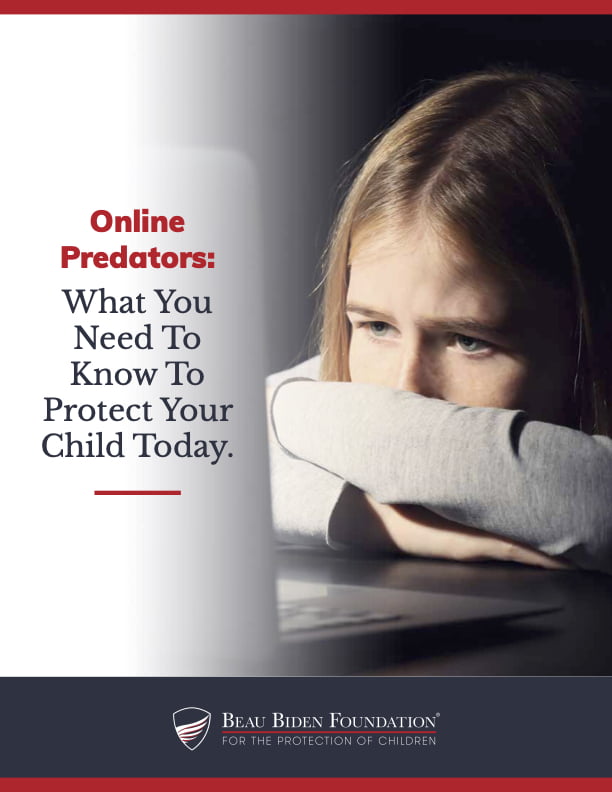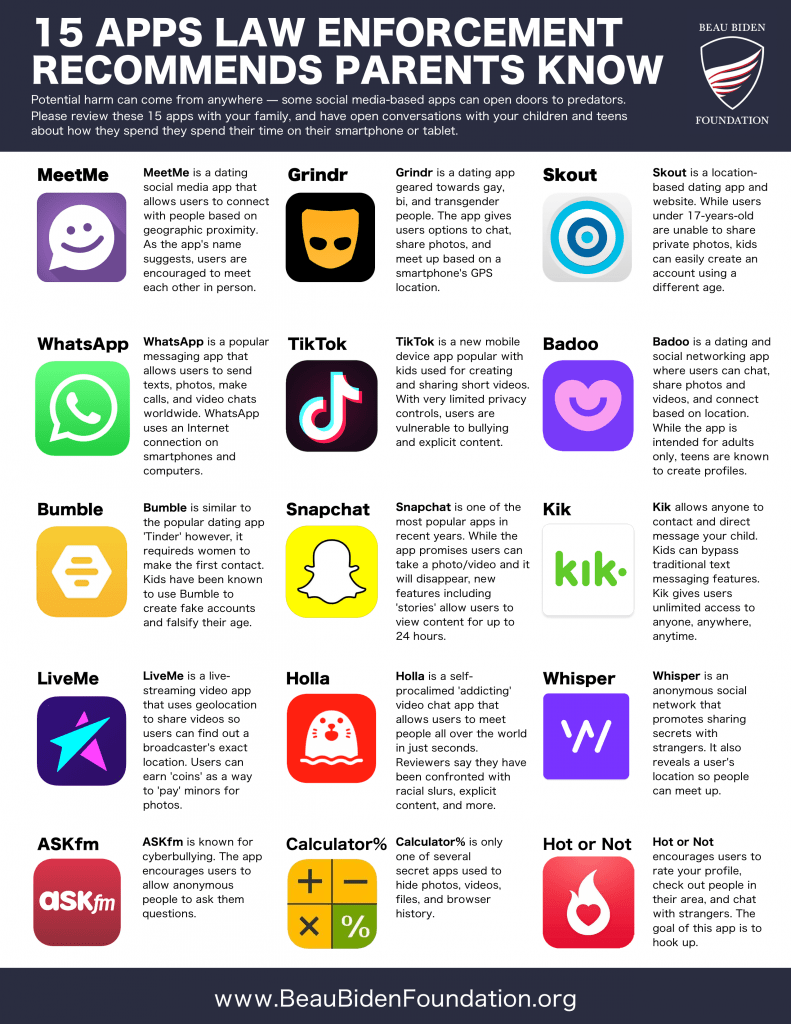An Instagram® profile was recently launched as a “safe space for BIPOC [Black, Indigenous People of Color]/humans of all gender identity/orientation” to anonymously share their experiences with “PWIs,” (Privileged White Individuals) in Wilmington, Delaware.
While many applaud the account for shining a light on racism in private learning institutions, the anonymous nature of the submitted stories raises concerns of cyberbullying and harassment. One Delaware school states, “…anonymous personal attacks against faculty and students are not helpful in fostering mutual understanding or a path to move forward.”
According to a 2018 Pew Research Center study, 24% of teenagers reported that social media has a “mostly negative” effect on people their age, mainly because of bullying, the spreading of rumors, and the lack of in-person contact.
Gone are the days when a home had one phone mounted on the wall in the kitchen. Children now have the whole world in their pocket 24/7 – granting nameless cyberbullies direct access to their victims. Anonymous posting to social media accounts easily facilitates this type of behavior and ultimately victimizes children.
It’s likely children do not realize that these statements or allegations may rise to the level of bullying. But they are.
In a previous blog, we have shared quick tips to help combat online bullying and harassment, as well as some signs of being cyberbullied or cyberbully. You can read more here: www.BeauBidenFoundation.org/blog-CyberbullyingAndHarassment. Here are some key tips to you can put into action to help protect children from cyberbullying and harassment now:
What parents and caregivers can do:
- Report false or inappropriate statements to the host social media platform.
- Let children know that reporting bullying or abuse is not being a “tattletale” and that the safety of everyone comes first. Telling an adult – even a trusted one – about bullying can be difficult for a child. Take time to listen and provide support before taking action.
- Discuss bully prevention and intervention. Teach children to take action when they see bullying behavior off and online.
- Teach children to stop bullying when they see it.
- Think about being an “active bystander” instead of just a bystander. Empower children to stand up and speak out when they see bullying behavior. Talk with children about respect and kindness.
- Follow through and keep an eye on the safety and well-being of children even after an incident seems resolved.
For more information about bullying and harassment, please visit www.BeauBidenFoundation.org/Resources/Bullying.

Online Predators: What You Need To Know To Protect Your Child Today
Please click here to download our informative and FREE ebook.

